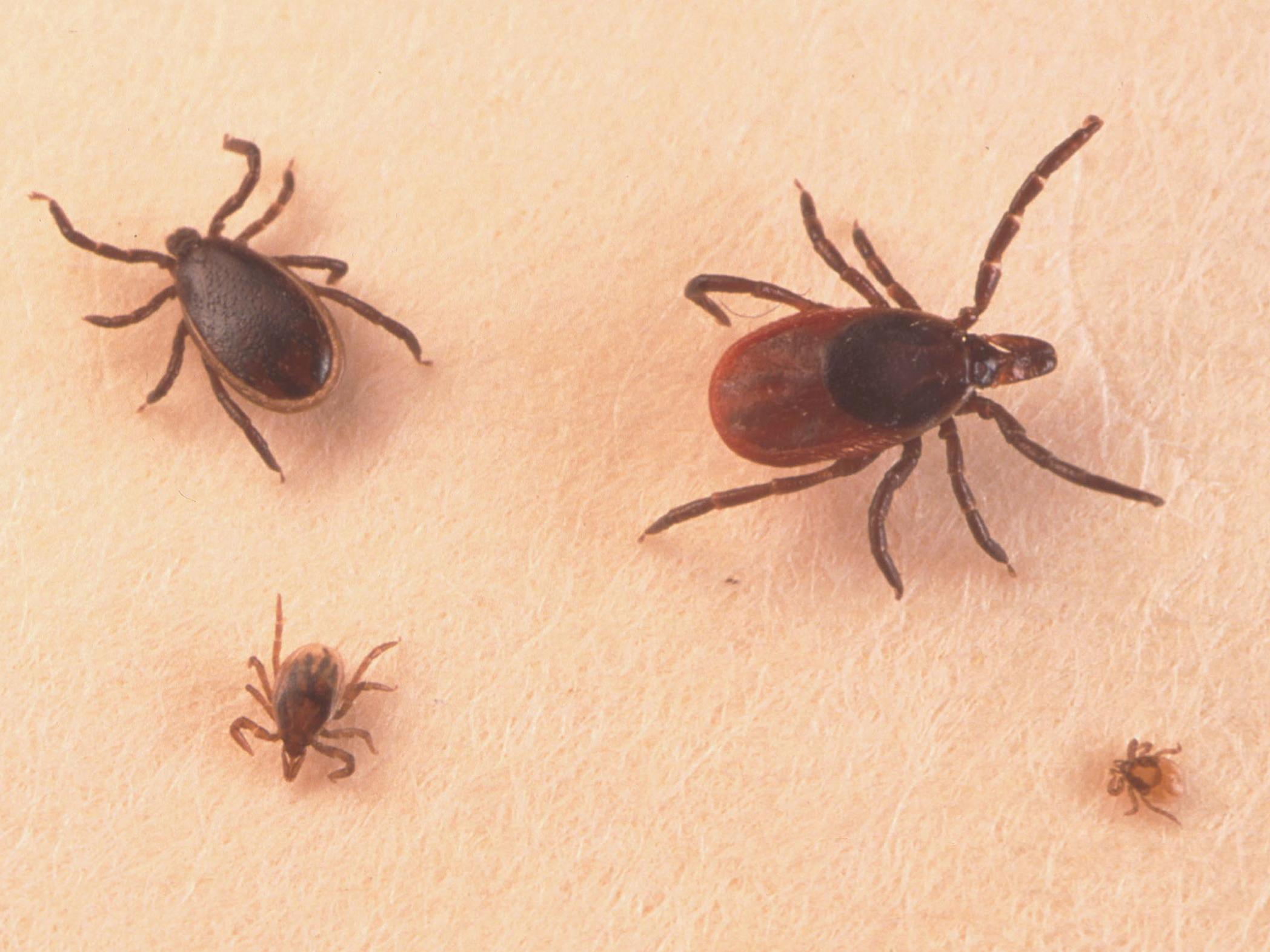US military chiefs ordered to reveal if Pentagon used diseased insects as biological weapon
‘We need answers and we need them now,’ says Republican congressman

US lawmakers have voted to demand the Pentagon discloses whether it conducted experiments to “weaponise” disease-carrying ticks – and whether any such insects were let loose outside the lab.
A bill passed in the House of Representatives requires the Defence Department’s inspector general to investigate whether biological warfare tests involving the tiny arachnids took place over a 25-year period.
It follows claims that Pentagon researchers implanted diseases into insects to study the potential of biological weapons in the decades after the Second World War.
A tick-related amendment, first reported by Roll Call, was added to the fiscal 2020 defence authorisation bill by Republican congressman Chris Smith prior to its passing in the House.
The New Jersey politician said the inspector general’s office should “conduct a review of whether the Department of Defence experimented with ticks and other insects regarding use as a biological weapon between the years of 1950 and 1975.”
If the experiments did take place, the office must provide a report explaining “whether any ticks or insects used in such experiments were released outside of any laboratory by accident or experiment design”, the amendment also stated.
A book released earlier this year, entitled Bitten: The Secret History of Lyme Disease and Biological Weapons, sets out the case that the Defence Department did conduct research on biological warfare.
Author Kris Newby also suggests a possible relationship between the experiments and the spread of Lyme disease – an infectious disease spread by ticks causing fever, headaches and fatigue.
“We need answers and we need them now,” said Mr Smith, a founding co-chairman of the Congressional Lyme Disease Caucus, which advocates for greater understanding of the disease.

Pat Smith, president of the Lyme Disease Association, said uncovering past experiments might help with current work trying to tackle the illness.
“We need to find out: is there anything in this research that was supposedly done that can help us to find information that is germane to patient health and combating the spread of the disease,” she said.
The defence authorisation bill still needs to pass in the Senate before heading to Donald Trump’s desk at the White House.
Join our commenting forum
Join thought-provoking conversations, follow other Independent readers and see their replies
Comments
Bookmark popover
Removed from bookmarks